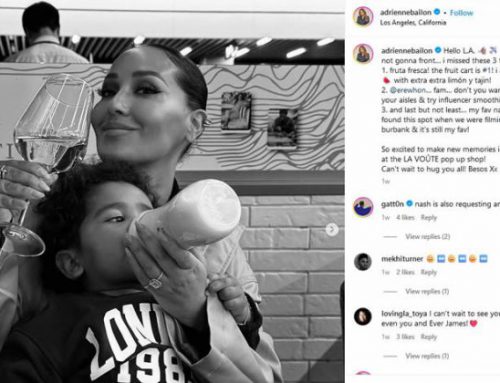This back in the day A+ list celebrity who still has A list name recognition despite dying 80+ years ago once tried to have a woman kidnapped and killed so he could act on his crush towards the man he was seeing who was also A+ list back in the day.
These two were celebrities in the sense of every one knew who they were, and not in entertainment.
Sigmund Freud
Sabina Spielrein
She was a Russian physician and one of the first female psychoanalysts. She was in succession the patient, then student, then colleague of Carl Gustav Jung, with whom she had an intimate relationship during 1908–1910, as is documented in their correspondence from the time and her diaries
Carl Jung
Swiss psychiatrist and psychoanalyst who founded analytical psychology
Why Freud and Jung Broke Up
Just finished a class called Freud and Jung. Learned a lot; not so much about theory, which is already firmly cemented in my head, but the personal factors at work in the relationship. On that subject: Wow. So much going on.
From the very beginning—the first meeting and fevered discussion for something like 13 hours straight—a sense of high promise combined with undeniable doom. Freud had always been the victim of intense anti-Semitism; he saw in Jung a stronger, younger man, full of charisma, yet also, maybe most importantly, a gentile, someone who could take psychoanalysis into places denied him.
For a few brief years, Jung was content to follow, to champion Freud’s ideas—even about sexuality—in fact, to be more adamantly Freudian than Freud himself, yet always, and inevitably, there comes a time when the son must kill the father. It got messy, to say the least. There were charges and counter-charges. Freud fainted several times while in Jung’s presence. Freud says Jung harbored death wishes towards him; Jung laughed the idea off. (I tend to side with Freud on that one).
But in the end, deeply ironically, the “break up”—and that is exactly what it was, down to the sophomoric connotation of the phrase—was all about sex. Not Freud’s theory of sex, but sexual feelings between the two. I always knew these were in play, but not to the degree I discovered.
Freud, in a letter to a colleague, referred to “unruly homosexual feelings transferred from another part”—the part in question being a previous collaborator, Wilhelm Fliess. Jung recognized the same in himself. Because of early sexual trauma at the hands of an older, trusted male figure, Jung found intimacy with other males repulsive. He came to feel towards Freud a “religious crush.” Yet gradually the attraction disgusted him, betraying its baser origins, and so Jung had to move away. He was filled with paranoia—displaced homosexual feelings—and that made any subsequent collaboration impossible. – Source
While at medical school, Spielrein continued to assist Jung in the laboratory as she had done as an in-patient. She also attended his ward rounds and met him socially.The strong feelings she had developed towards him as his hospital patient continued during her first three years at medical school, and she developed a fantasy of having a child between them to be called Siegfried. She did not have any further therapy from him, although from around late 1907 he informally tried to analyze her wish for his child. In the summer of 1908, as she entered her fourth year at medical school, she and Jung began to have increasingly intimate encounters, which she described in her diaries as “poetry”. There are differing views as to whether or not they had sexual intercourse. John Launer has reviewed the evidence from her diaries and their letters in his 2015 biography of Spielrein, Sex Versus Survival. The Life and Ideas of Sabina Spielrein. He has concluded that they had consensual and erotic physical contact but stopped short of sexual penetration. This is supported by Spielrein’s statement in a letter to her mother: “So far we have stayed at the level of poetry that is not dangerous.” Lance Owens has further summarized the documentary evidence in his 2015 study, Jung in Love: The Mysterium in Liber Novus, Zvi Lothane, a Freudian psychoanalyst and scholar of psychoanalytic history, makes the most robust and well-supported case against a consummated sexual relationship between the pair. Lothane summarizes his conclusions:
People tend to believe as dictated by their own emotions, projections, and transferences. … Our judgment should really be guided by what the protagonists never tired of asserting themselves: that there was no sex. In the final analysis the question is whether we believe their testimony or not. I choose to believe them, and not out of prudery, but because in those days people saw premarital sexual relations, especially as applies to Spielrein, differently than we do today; moreover, because unconsummated sexual desire was even more poignant and more romantic than consummated sex. However, the sexual myth dies hard, providing sensational material for a number of theatrical productions and a plethora of articles in the popular press and professional journals. Source: Wikipedia
Read more on these Tags: Carl Jung, Sabina Spielrein, Sigmund Freud









